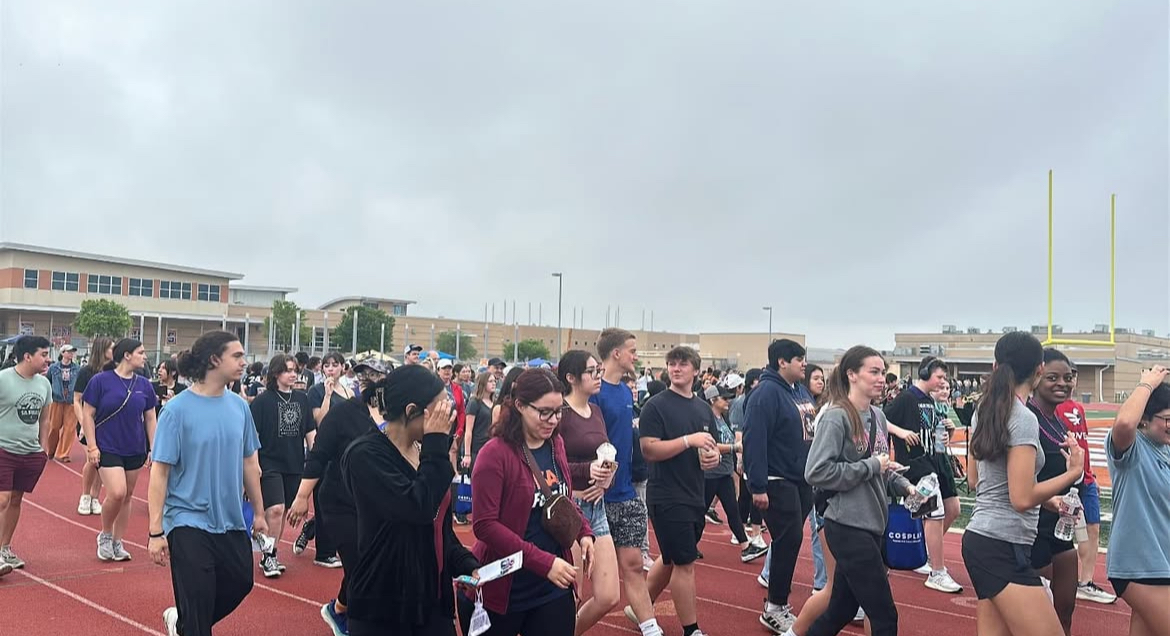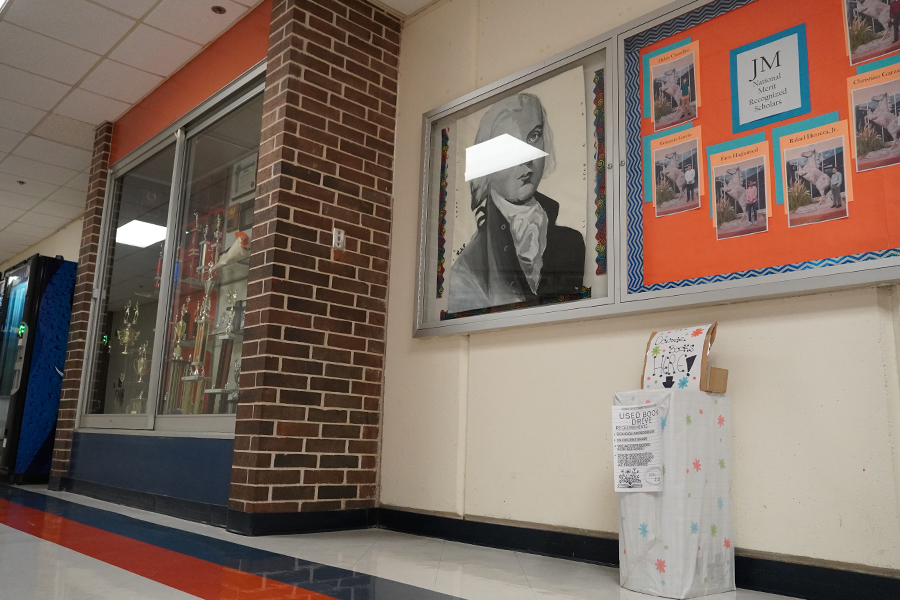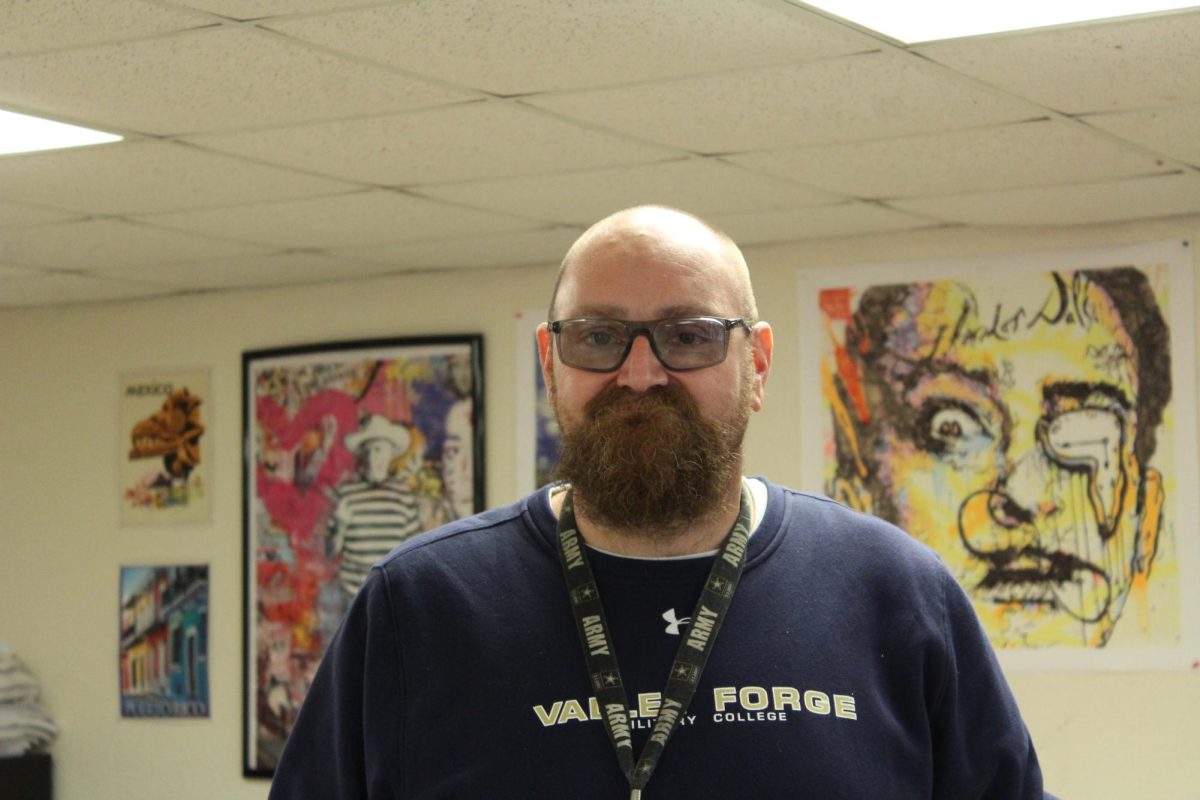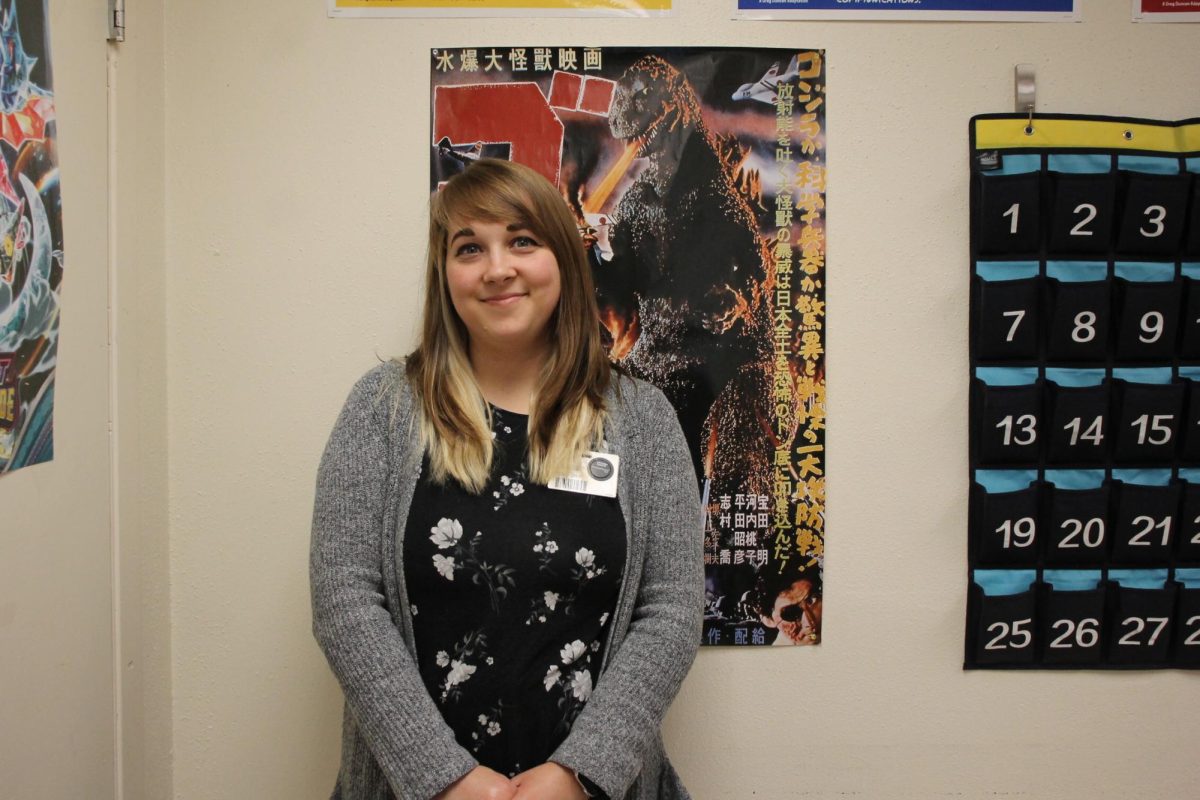What once started as self-checkout machines has now evolved into its own smart software, capable of doing anything with the resources provided. Artificial Intelligence is quickly becoming part of everyday life, and many people are starting to worry that it’s taking over human jobs.
The question of whether AI is replacing workers is more important than ever.
What Artificial Intelligence Creates
Some experts say AI doesn’t just threaten to take jobs away, but instead creates new ones. In Megan Cerullo’s article, researcher Erik Brynjolfsson explains that this isn’t the first time AI has threatened workers’ jobs.
Since late 2022, early-career employees in fields most exposed to AI have had a 13% drop in employment. In contrast, fields that are less exposed to high end technology have relatively stayed the same.
“Tech has always been destroying jobs and creating jobs. There has always been this turnover,” he says. “There was a transition over time, and that’s what we are seeing now.”
An example Megan used was AI at work: in the nursing field to free space for nurses that care for patients in need.
“In fields like nursing, AI is more likely to augment human workers by taking over rote tasks, freeing health care practitioners to spend more time focusing on patients, according to proponents of the technology.”
The Data Factor
If AI is replacing jobs, why is it happening faster in some industries than others?
According to Atul Kamar’s article, the answer depends on how much data a job has. Industries filled with useful data can adopt AI easily, with adoption rates as high as 60-70%. On the other hand, fields without much data often struggle, sometimes reaching only 25%.
This causes competition in the workforce, with fields that have lower data having to advance their technology to keep up with others.
Advancing The Workplace
For many workers, these changes can feel uncertain. Losing a job to a machine can be stressful and emotional. There can be many challenges that come with the advancement in AI; it’s not easy to accept.
Still while some jobs are disappearing, new ones are being created. The real challenge is making sure workers have the chance to adapt and gain the skills needed for the future.
While AI continues to thrive in technology fields, workers can focus on developing unique human skills to do jobs AI cannot.
Future Opportunities
In conclusion, AI isn’t just replacing employees, it’s reshaping the whole workforce. While it may take away certain jobs, it also creates opportunities for new ones, how we adapt will shape the future of jobs.
By using AI to do the tedious jobs some don’t like doing, it clears time for free space to do jobs that need to be done. Instead of putting a bad name on AI, we can use it to our advantage to do good in the world.
With time, we can work with AI to make the workplace more efficient.







